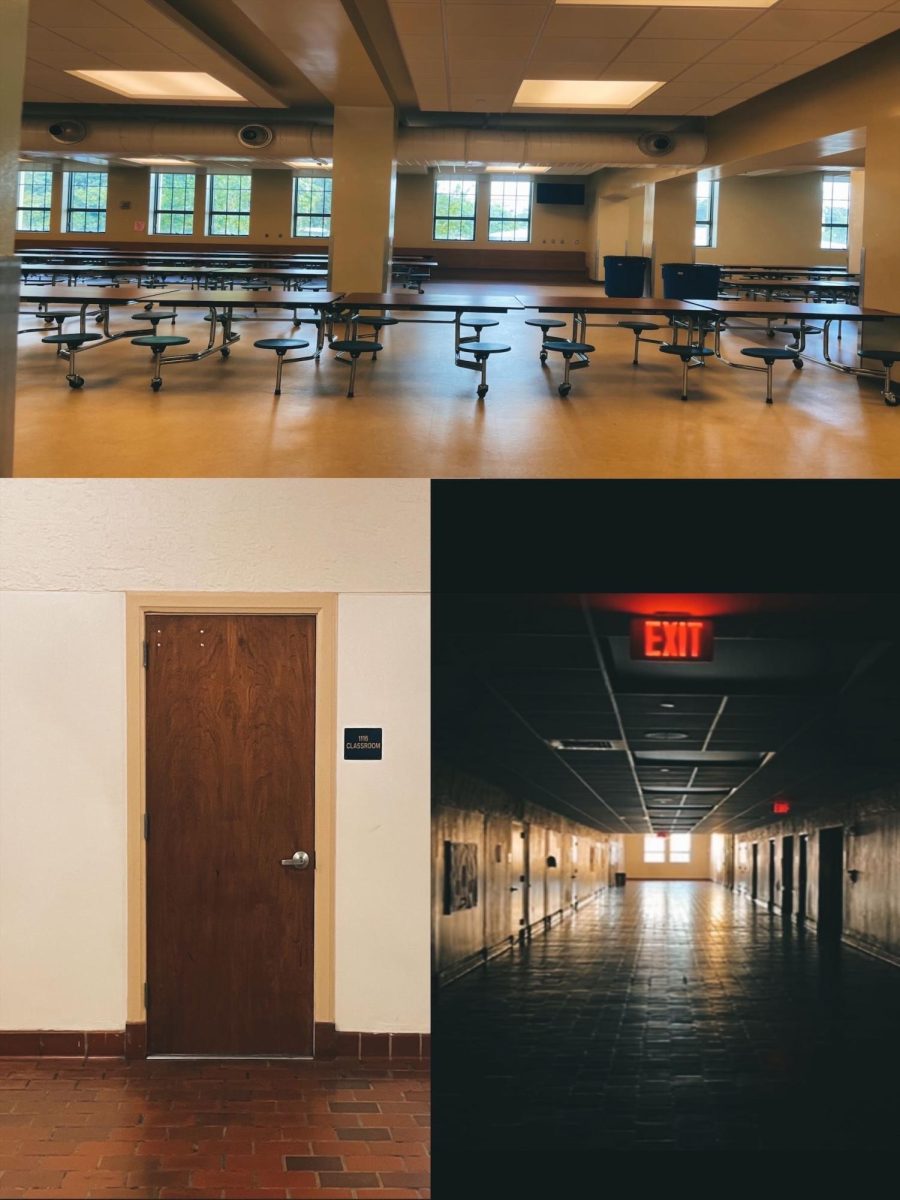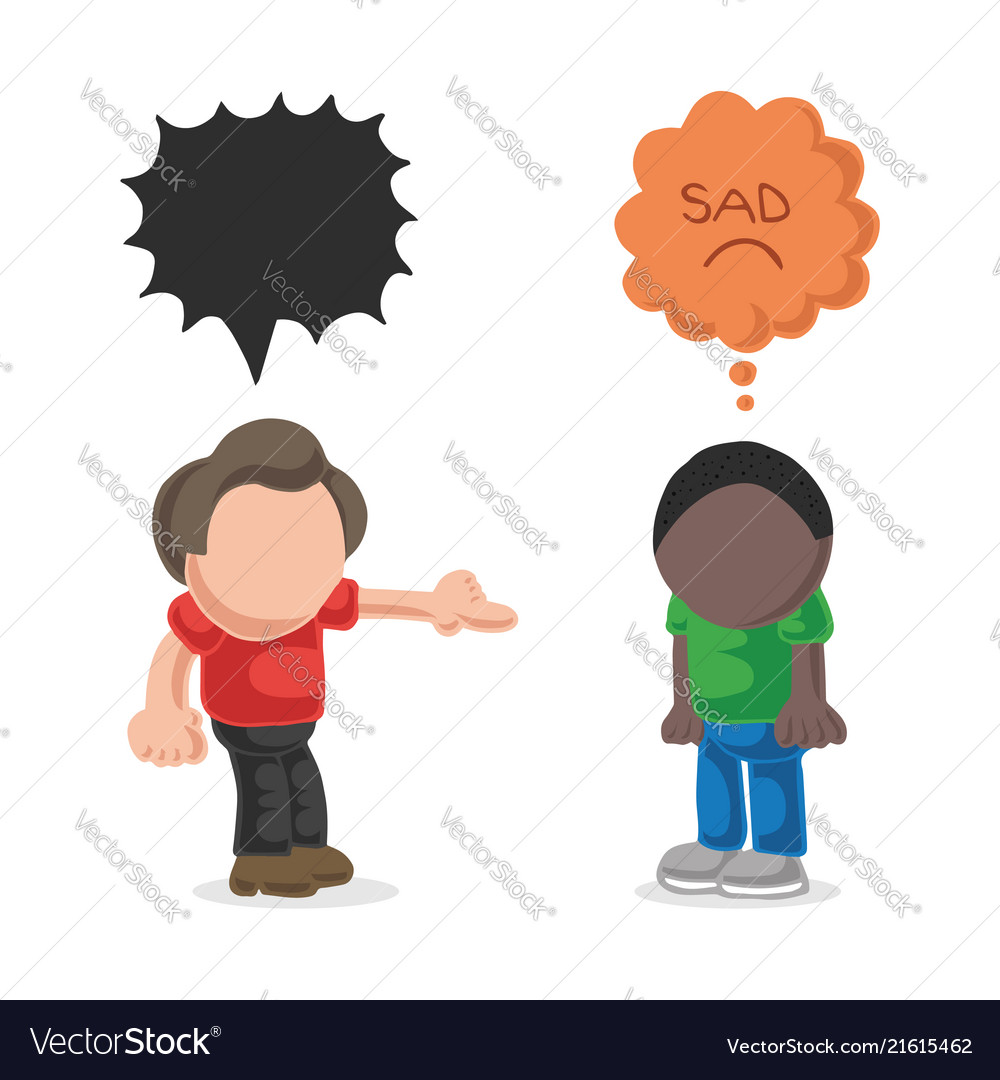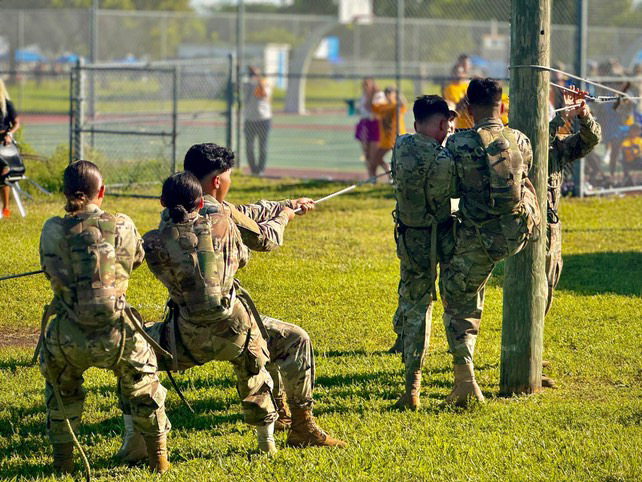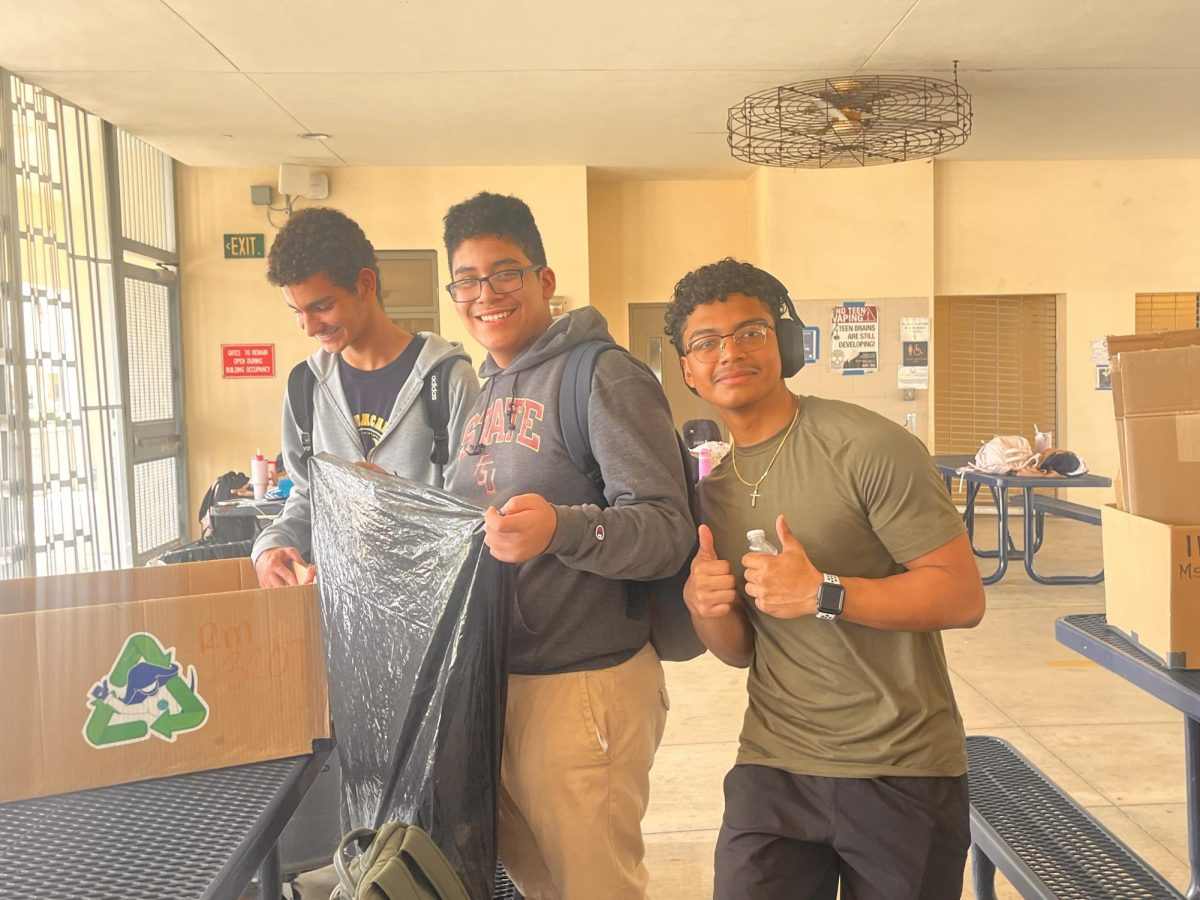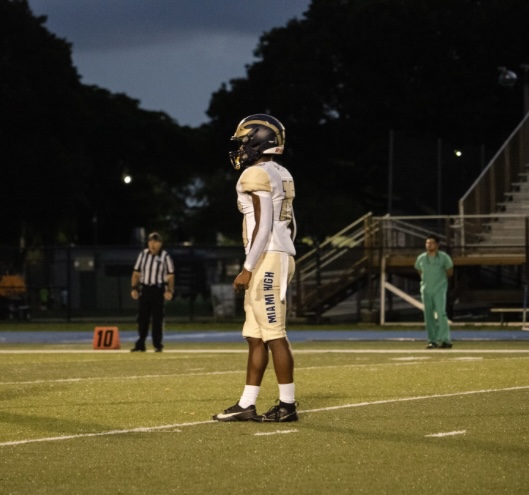Imagine yourself walking into school and you suddenly get stopped for wearing the wrong uniform. You try to make excuses to avoid a beating from your parents, but the staff member still reports you for breaking the dress code.
Every day, there are at least several students that can get in trouble throughout any kind of school, but what would it be like if we had a deeper look at these punishments or how the system portrays them?
Miami High has several ways that a student can get in trouble, but some are more than others. Senior Armando Amaya said ,“I got in trouble for being late to class too often. It was mostly because I would drop my brother to school before I got here, so I would almost always end up late.”
Senior Daniel Lopez stated, “I’ve gotten in trouble because I wore blue sweatpants at the worst time, hence, I went to CSI. There was also that time when I was worried in CSI because they checked my grades when I had 2 Ds. I thought they were going to send me to Saturday school, so I worked myself to prevent that from happening.”
People can experience these kinds of punishments once in a while, but some can have it worse than others, like senior Tumas Marceles who said, “I remember when I got sent to CSI for uniform, but this was my 5th time being in CSI for uniform, and I was wearing black sweat pants, so they called my parents to inform them about my uniform and my bad grades.”
Some students can consider these mistakes of others and learn from them. Senior Randy Mendez said, “I always want to catch up with my class, and then mind my own business because I don’t want to have that mistake of getting my parents upset at me which makes me feel bad for what I do.”
Although being in trouble in school is a bad thing, it can be beneficial for you in some sense. For example, it can be considered a lesson towards your mistake and preventing it from happening again.
Although these punishments in Miami High might serve as a fair punishment, they aren’t always effective. Junior Angelo Pedre said, “When it comes to something like CSI, it is a waste of time and energy, the kids just do the same things if they were in class, and it even feels like a free period.”
The same can be said towards suspension. Sophomore Alex Diaz said, “I believe suspension is an unfair punishment as it leads to students falling behind and failing their classes for a mistake.” he said.
Formal thought about these things can should be given by those that decide whether a student deserves that punishment or not. That’s where 10th grade counselor Ms. Garces states, “When it comes to something like CSI, I believe there is a consequence for every decision that you make, and if that is a negative consequence by negative choice, then it’s fair.”
Reading teacher Mr. Gonazlez agrees. “It’s fair for students to get those punishments like CSI if they don’t do their work, since it’s their responsibility to get it done,” he said.
Math teacher Mr. Strickland sees things similarly. “I don’t necessarily consider them punishments,” he said. “I consider them a form of consequence for students that don’t follow instructions, but it also depends on the severity of the consequence that make that action.”
This all leads to the question about why students might be misbehaving. In a nationwide survey of 21,618 U.S. students, researchers from the Yale Child Study Center found that nearly 75% of the students self-reported feelings related to school were negative. <https://news.yale.edu/2020/01/30/national-survey-students-feelings-about-high-school-are-mostly-negative>.
This is supported by senior Valery Garcia who said, “I don’t think making us come to school early in the morning is healthy, because it makes us less productive, and we can’t get better sleep.”
5 Ways To Stay Out of Trouble in School
- Staying Consistent With Rules
- Finding Alternative Activities That Won’t Harm You
- Follow Directions
- Take Notes
- Pay Attention
Source: <https://www.wikihow.com/Stay-Out-of-Trouble-in- School#:~:text=A%20great%20way%20to%20stay,managing%20a%20team%20or%20cl

